With increases to supply chain costs driven by COVID and the outset of conflict in Ukraine, it is unsurprising that inflation has reached retail pricing of Australian horticulture. For the March quarter, retail prices vs 2021 were up on average 2.48%, for for fruit and 11.21% up for vegetables on the previous year.
Crop losses due to wet conditions through the quarter across the Eastern seaboard have been a major driver for vegetable retail pricing inflation. Of these, flooding events in January and in early March affecting southern Queensland and northern New South Wales have been some of the most damaging in decades with crop losses reported in the most affected regions.
While it is likely that vegetable availability increases in the coming months as we move to unaffected crops, additional inflationary pressures are likely to persist for some time, particularly for fertilizer and fuel.
According to Austrade, the average Free On Board (FOB) price of imported fertilizer rose by 128% through calendar year 2021. In total, the costs of fuel and fertilizer has been estimated to represent 21.6% of total costs for cropping activity.
Due to the continuing Russia-Ukraine conflict, exports of key oil and fertilizer input commodities have been disrupted. As the largest exporter of nitrogen based fertilizer and the second largest exporter of the world’s oil, disruptions due to sanctions have seen shortages globally. This is likely to see extended high costs of production for horticultural products affect retail prices as this conflict continues.
With inflationary pressures likely to affect pricing for production of horticultural commodities, up to date pricing information will be essential for businesses trading within these supply chains to adapt to future volatility. Contact Freshlogic today to find out more about fruit & vegetable pricing.

